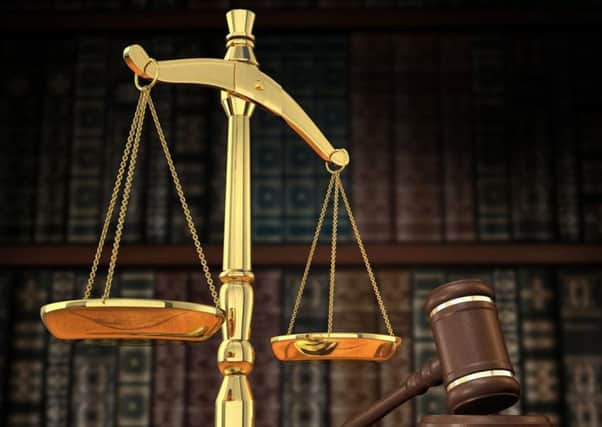Column: '˜Minorities do not get fair deal in justice'


The 12 men were among a 400-strong peaceful Unite Against Fascism demonstration against a Nazi march in September 2015, two weeks after 81-year-old Mushin Ahmed’s racist murder.
Questions asking should the 12 have been in court in the first place and how much did the trials of these 12 Muslim men cost the taxpayer and to understand the ordeal of these 12 men and their families are now crucial.
Advertisement
Hide AdAdvertisement
Hide AdMore fundamentally, the question why the Criminal Prosecution Service thought they could most likely secure 12 convictions now must be answered. It’s a question British Black, Asian, and Minority Ethnic communities have asked the criminal justice system a thousand times and more, yet failed to secure a satisfactory answer.
Countless BAME people have lost their lives, freedoms and families – the CJS has to come clean and openly state if the Criminal Justice System is stacked up against minorities. In the late ’90s when Sir William McPherson first coined the phrase Institutional Racism, he did it because all the evidence in the Stephen Lawrence trial / a murdered teenager, and the experience of BAME people was / and still is, that the Criminal Justice System is biased against them. McPherson should have been a watershed moment for the criminal justice/English legal system, though the reality, as evidenced by the Lammy Review is that every part of the “system” whether that be arrest, charging, prosecution and imprisonment is stacked against minorities. The evidence is, black people make up 3 per cent of the population in England and Wales and yet 12 per cent of the prison population.
The Ministry of Justice highlighted people from BAME backgrounds are more likely to be jailed for some crimes than those who are white. Young black people are nine times more likely to be locked up in England and Wales than their white peers, according to the MoJ. The BAME proportion of youth prisoners rose from 25 per cent in 2006 to 41 in 2016. The facts based on the MoJ evidence alone suggest ethnic minority communities do not get a fair deal from the England and Wales justice system. Issues such as impartiality, racial profiling, disproportionately adverse impact still feature strongly in all policy discourse when reviewing the CJS and its relationship with BAME people – not least the many differential outcomes experienced by BAME people.
To put the outcome argument in context, if the prison population reflected the make-up of England and Wales in 2016-17 there would have been 9,000 fewer people in British prisons.